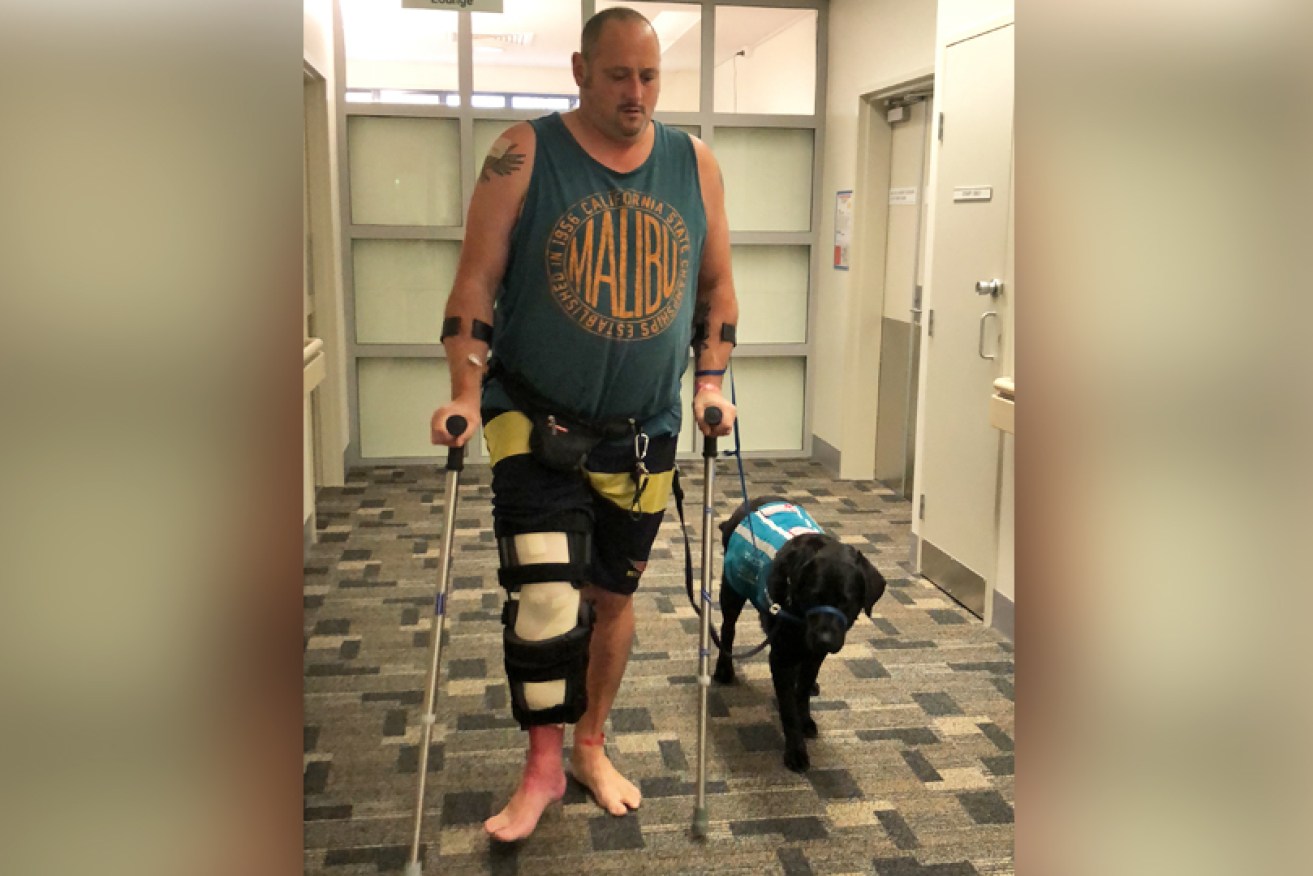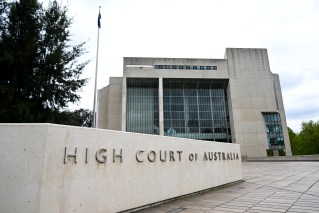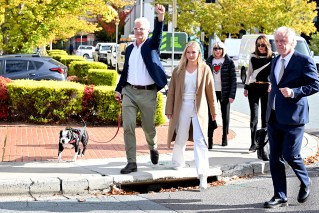Wounded veteran refused help by Veterans Affairs

Ashley Smith, 43, will get the mobility scooter he needs thanks to a reader of The New Daily.
An 11-year army veteran who can’t walk after undergoing surgery is being refused a mobility scooter by the Department of Veterans Affairs despite medical advice that his housebound condition is exacerbating his post-traumatic stress disorder (PTSD).
Ashley Smith, 43, who served in East Timor, requested the scooter after undergoing major knee surgery so he would be able to leave the house, interact with the community and walk his service dog, Leroy.
The DVA refused on the ground that the veteran’s knee injury did not result from his service – despite accepting liability for chronic PTSD, anxiety and depression, the treatment of which requires exposure to the outside world.
“The level of mental health I had before surgery has extremely diminished because of DVA not allowing me to continue with my daily routine and graded exposure treatment of leaving the house and interacting with the community,” Mr Smith, who lives in Young, NSW, told The New Daily.
“To do this I need a electric mobility scooter to be mobile. This is having a huge effect on not only my wife but three young children as well because of my constant mood instability and mood swings.”

During his 11 years in the army, Mr Smith saw active service in the East Timor crisis.
Mr Smith said his recovery had been hampered as a result of being practically housebound since undergoing surgery in June.
“What service and assistance dogs do for you with both mental and physical disabilities is give you a will to live,” he said.
“They enable you to focus on what you need to do as part of your daily routine. They give you grounding whilst out in public. You are more focused on your dog and they enable you to cope. Whereas before I got Leroy, I didn’t survive out in public.”
Mr Smith said he struggled with basic everyday tasks and even getting out of bed before he was paired with Leroy last year.
“Your friends would ask you to come out and do stuff and you would instantly say no because of the triggers that things would give me from my chronic PTSD and anxiety,” he said.
“If I went to the supermarkets to get a few simple things for dinner, I’d either have to write a list on my notepad on my phone or my wife would write a list on a paper for me as I couldn’t remember what I did need to get, or I would buy the wrong things as my short-term memory is shot.”

Mr Smith says he “cannot survive out in public” without his assistance dog Leroy.
In a letter seen by The New Daily, Mr Smith’s psychologist Lee Francis said the DVA’s refusal “despite medical advice” had adversely affected her client’s mental health and recovery.
“The process has been delayed and caused significant deterioration in Ashley’s mental state to the point where he may require another admission,” Dr Francis wrote.
“It is difficult at the best of times treating PTSD in veterans, however it is even more difficult when the difficulties are because of inconsistencies in the very system meant to be supporting veterans.”
Mr Smith, who has petitioned DVA Secretary Elizabeth Cosson and local member and Deputy Prime Minister Michael McCormack about his situation, said he felt let down after serving his country overseas.
“When you are serving in defence you get told regularly and also even during your discharge seminars that DVA will look after us no matter what and no matter the cost,” he said.
“I served for 11 years, never, never asked for anything. And then when you get out and you are hurt, and you’re injured and all that, you at least expect a little bit of help from DVA.”
A spokeswoman for Veterans Affairs Minister Darren Chester said the minister could not comment on individual cases for privacy reasons.
The DVA also said it could not comment because of privacy.







